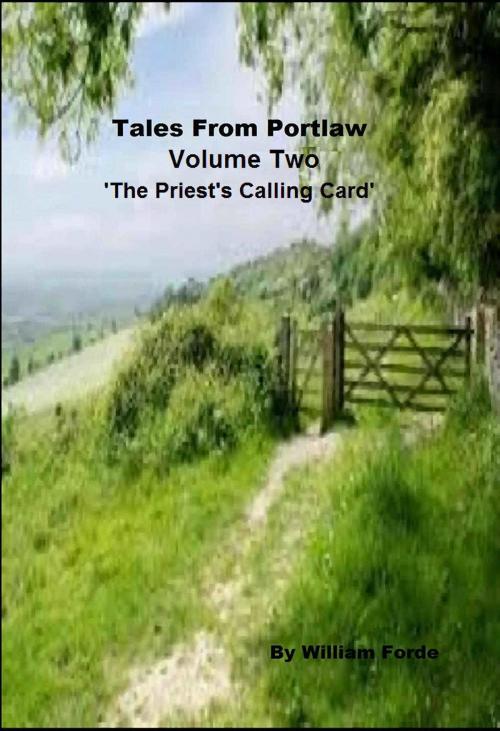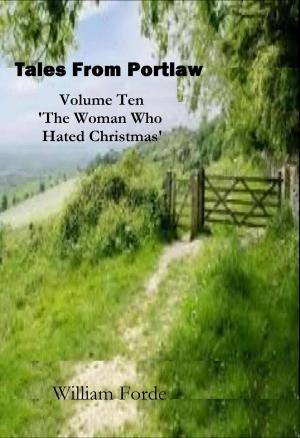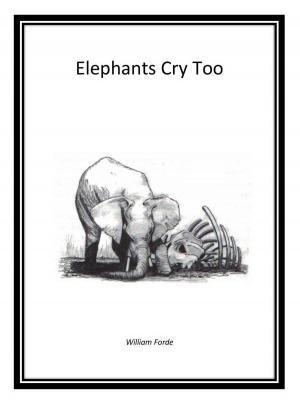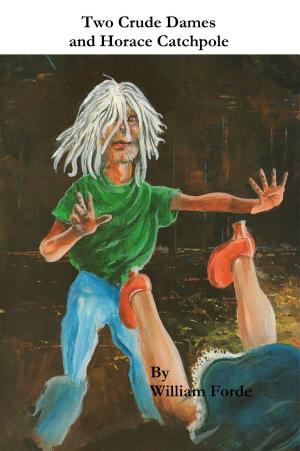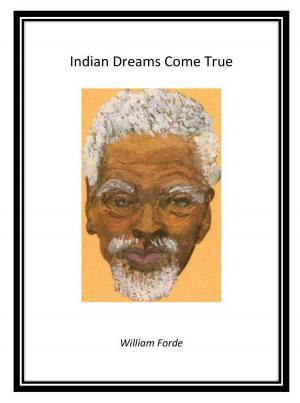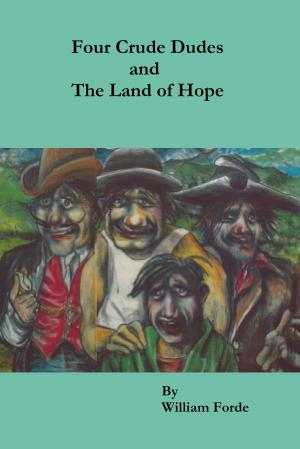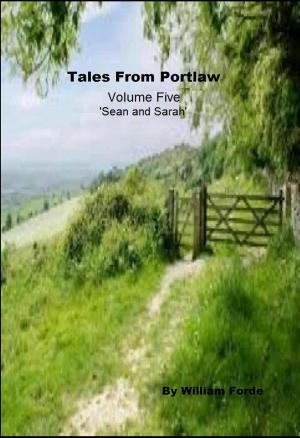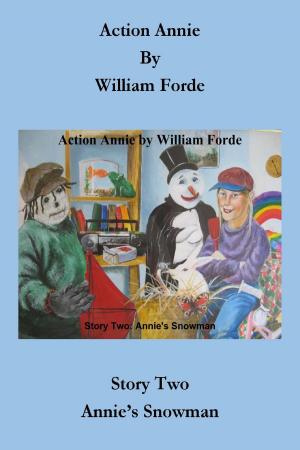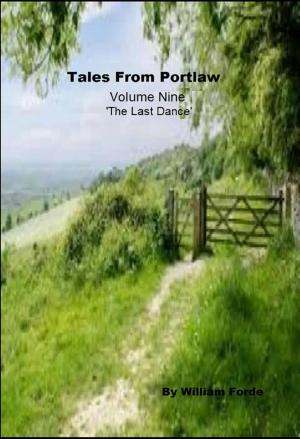Tales from Portlaw Volume Two: The Priest's Calling Card
Fiction & Literature, Humorous, Romance, Contemporary| Author: | William Forde | ISBN: | 9781301011162 |
| Publisher: | William Forde | Publication: | June 1, 2013 |
| Imprint: | Smashwords Edition | Language: | English |
| Author: | William Forde |
| ISBN: | 9781301011162 |
| Publisher: | William Forde |
| Publication: | June 1, 2013 |
| Imprint: | Smashwords Edition |
| Language: | English |
I was born in Portlaw and when my time comes to lie at the other side of the green sod, it is my wish that half my ashes shall be placed upon my grandparents' grave, William and Mary Fanning, along with my uncles, Willie Fanning and Johnnie Fanning who are also buried there. The remaining half of my ashes will be placed at a spot on the Haworth Moor.
Apart from writing two musical plays between 2005 and 2009, I’d stopped writing for a number of years. It was only after I had met my wife Sheila that she encouraged me to write some more. So, I decided to write about the place of my birth and to release all future stories of mine in E-book format in a number of Omnibus publications entitled, ‘Tales from Portlaw.’
Portlaw is famous for perhaps having been a ‘model village’ long before similar village concepts like Saltaire in West Yorkshire or Rowntrees in York were established. Although its fortune as a village of importance has waned over the years and, particularly since the closure of its last major business, the Tannery, it nevertheless remains a potent force in the minds of all of us who were born there.
Although I was brought to England from Portlaw at the age of 5 years and have lived in England ever since, my heart has always remained in Portlaw; the village of my birth. As the eldest of seven children who was born to an Irish woman with the most imaginative of minds, I was brought up on my mother’s stories. Although a woman of small stature in her earlier days of marriage, stories didn’t come any taller or in more incredible form than those tales told by my mother. Often, they would stretch the bounds of one’s credulity beyond the realms of possibility, and yet, she always made me believe them, or perhaps it is more appropriate to say, ‘want to believe them’.
So after having been persuaded to return to writing, I decided to recount some of the stories told to me by my mother long ago. Being a person with my own imagination, I have taken the germ of her tale and elaborated it with the aid of 70 years of wisdom and a splash of literary licence to come up with the final result.
‘The Priest’s Calling Card’ is about a Portlaw Priest who leaves his walking stick outside any house he visits as a sign of his presence there and with the clear understanding he is never to be interrupted during his home visits by any other callers to the house where he is.
I have researched all of the background that provides the setting for these ‘Tales from Portlaw’, thereby enabling me to blend fact with fiction in the most acceptable of ways. I include long-established Portlaw family names in my stories, but with the sole exception of the landlady, Maggie Rocket from the ‘Corn Mill Pub’ in Portlaw, any resemblance to anyone who ever lived or came from Portlaw in either name, likeness or character description is purely co-incidental. I hope that you enjoy.
I was born in Portlaw and when my time comes to lie at the other side of the green sod, it is my wish that half my ashes shall be placed upon my grandparents' grave, William and Mary Fanning, along with my uncles, Willie Fanning and Johnnie Fanning who are also buried there. The remaining half of my ashes will be placed at a spot on the Haworth Moor.
Apart from writing two musical plays between 2005 and 2009, I’d stopped writing for a number of years. It was only after I had met my wife Sheila that she encouraged me to write some more. So, I decided to write about the place of my birth and to release all future stories of mine in E-book format in a number of Omnibus publications entitled, ‘Tales from Portlaw.’
Portlaw is famous for perhaps having been a ‘model village’ long before similar village concepts like Saltaire in West Yorkshire or Rowntrees in York were established. Although its fortune as a village of importance has waned over the years and, particularly since the closure of its last major business, the Tannery, it nevertheless remains a potent force in the minds of all of us who were born there.
Although I was brought to England from Portlaw at the age of 5 years and have lived in England ever since, my heart has always remained in Portlaw; the village of my birth. As the eldest of seven children who was born to an Irish woman with the most imaginative of minds, I was brought up on my mother’s stories. Although a woman of small stature in her earlier days of marriage, stories didn’t come any taller or in more incredible form than those tales told by my mother. Often, they would stretch the bounds of one’s credulity beyond the realms of possibility, and yet, she always made me believe them, or perhaps it is more appropriate to say, ‘want to believe them’.
So after having been persuaded to return to writing, I decided to recount some of the stories told to me by my mother long ago. Being a person with my own imagination, I have taken the germ of her tale and elaborated it with the aid of 70 years of wisdom and a splash of literary licence to come up with the final result.
‘The Priest’s Calling Card’ is about a Portlaw Priest who leaves his walking stick outside any house he visits as a sign of his presence there and with the clear understanding he is never to be interrupted during his home visits by any other callers to the house where he is.
I have researched all of the background that provides the setting for these ‘Tales from Portlaw’, thereby enabling me to blend fact with fiction in the most acceptable of ways. I include long-established Portlaw family names in my stories, but with the sole exception of the landlady, Maggie Rocket from the ‘Corn Mill Pub’ in Portlaw, any resemblance to anyone who ever lived or came from Portlaw in either name, likeness or character description is purely co-incidental. I hope that you enjoy.
